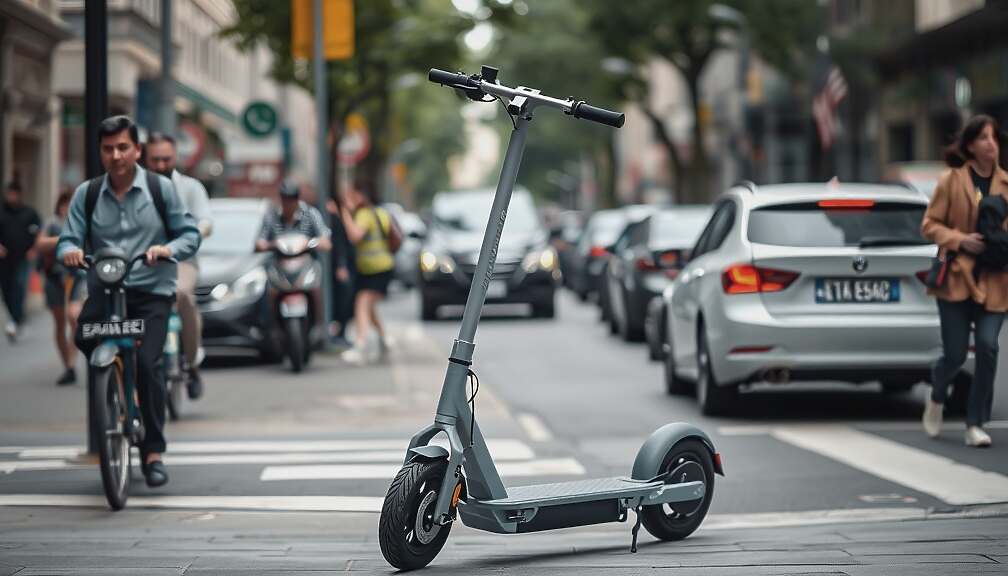A draft proposal circulating within the German Federal Ministry of Transport aims to grant municipalities the authority to prohibit the placement of rental e-scooters and bikes on sidewalks. The amendment to the Electro-Small Vehicle Ordinance and associated traffic regulations, reported by the Tagesspiegel, seeks to address growing concerns over the impact of shared mobility services.
While private bicycles and e-scooters will generally be permitted to be parked on sidewalks and in pedestrian zones, provided it doesn’t endanger or obstruct others, the proposal specifically targets commercially offered rental services. According to the draft, the provisionally unmanaged rental of these vehicles doesn’t constitute permissible parking under the ordinance. The Ministry clarifies that this type of operation isn’t considered part of “stationary traffic” within the context of traffic law.
Federal Transport Minister Patrick Schnieder acknowledged the proliferation of shared mobility options since their introduction in 2019, stating, “Electro-small vehicles are now an integral part of the mobility mix in our cities”. He added that the current situation has generated widespread frustration, prompting the need for a revised regulatory framework.
The Ministry emphasizes the creation of legal clarity regarding future parking regulations. Providers will now be required to develop local concepts in conjunction with municipalities. This will allow cities to dictate parking rules for operators, potentially including designated zones, stations, or broader permissible locations based on local needs.
A spokesperson for the Shared Mobility (PSM) platform, representing companies like Voi, Bolt, Uber and Lime, characterized the proposed change as a “de facto parking ban” for shared vehicles. Concerns have been raised that this regulation could effectively remove the industry from the market. PSM argues that the flexibility of placing vehicles in public spaces is crucial for the accessibility of shared micro-mobility and that a station-based system would be financially unsustainable and impractical on a large scale. The platform has urged policymakers to reconsider this specific provision to prevent potentially detrimental consequences for the industry.












